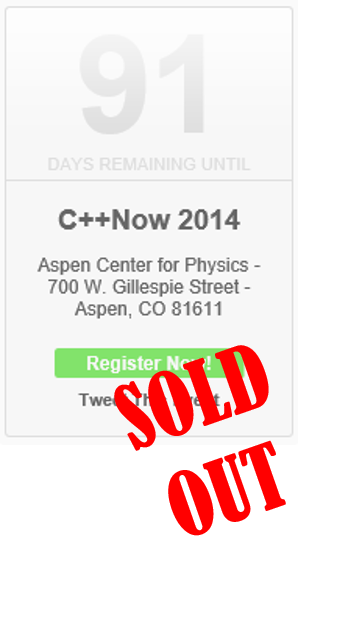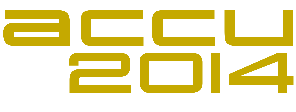C++17: I See a Monad in Your Future!
Thoughts on Monads and Futures in C++
C++17: I See a Monad in Your Future!
by Bartosz Milewski
From the Article:
If you thought you were safe from functional programming in your cozy C++ niche, think again! First the lambdas and function objects and now the monad camouflaged as std::future. But do not despair, it’s all just patterns. You won’t find them in the Gang of Four book, but once you see them, they will become obvious.


 As interest in C++ keeps rising, there are more C++ events but they are also selling out faster. C++ Now 2013, Going Native 2013, and C++ and Beyond 2013 all sold out, some six months before the event.
As interest in C++ keeps rising, there are more C++ events but they are also selling out faster. C++ Now 2013, Going Native 2013, and C++ and Beyond 2013 all sold out, some six months before the event.